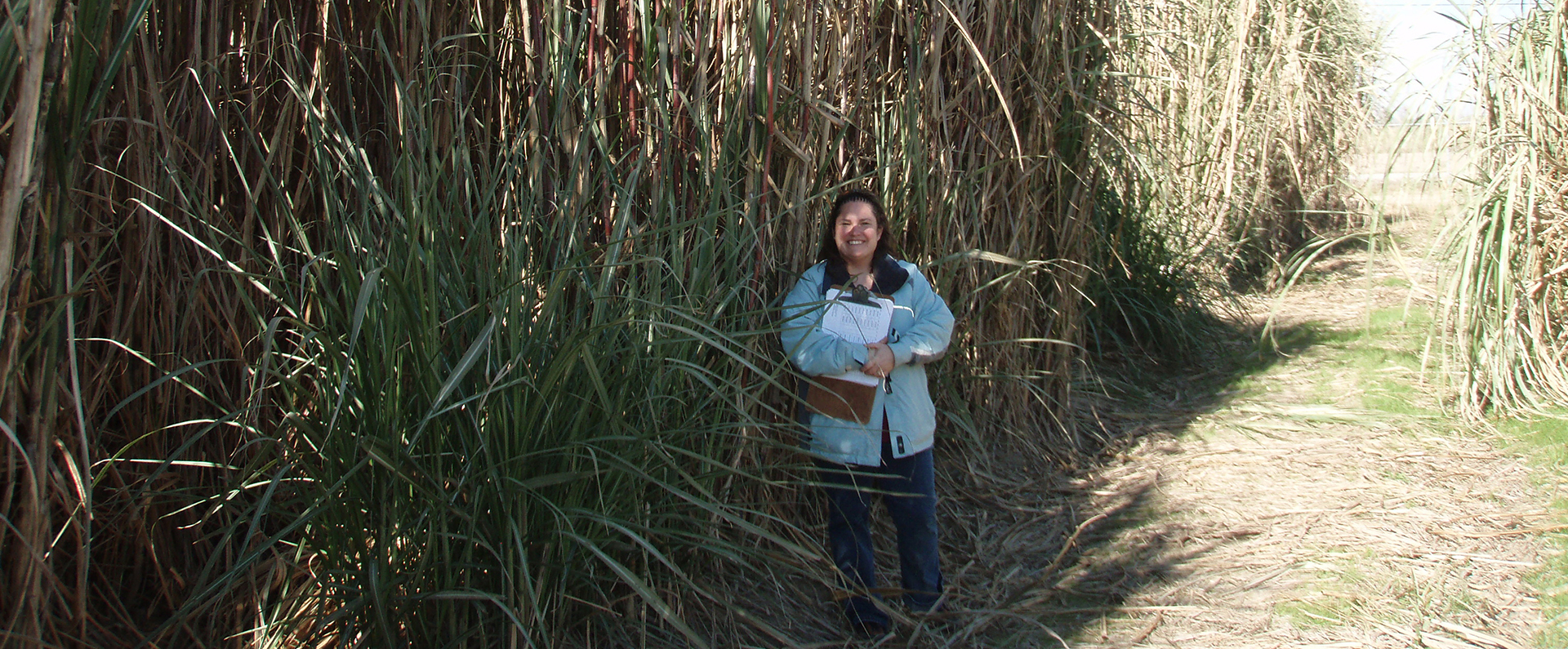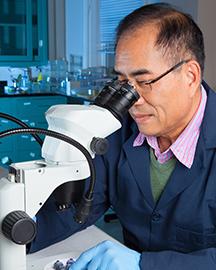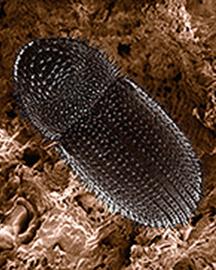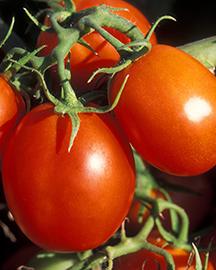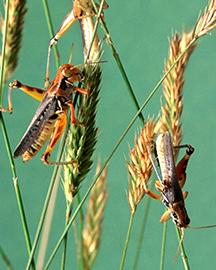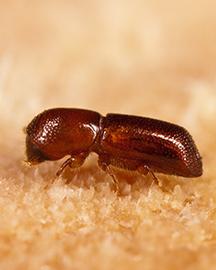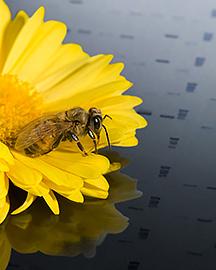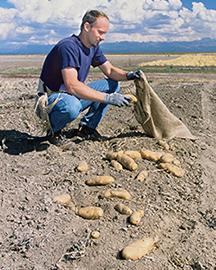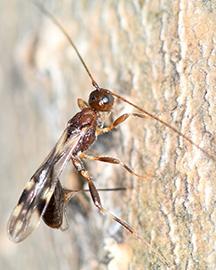New Sugarcane Release Sweetens the Deal
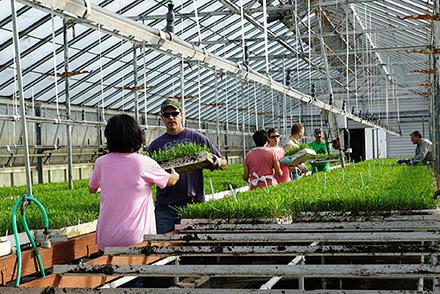
Sugarcane is well known for its ability to sweeten foods, but it also happens to be one of the best sources of biomass used to produce renewable fuels.
ARS scientists with the Sugarcane Research Unit in Houma, LA, developed and released a new variety of sugarcane (‘Ho 06-9002’) that checks all the boxes: high fiber content, excellent regrowth ability, high stalk population, cold tolerance, disease resistance, and excellent biomass yield. Such attributes make this sugarcane an exceptionally good candidate for cultivation in places that are not traditionally sugarcane-growing regions, allowing more farmers and growers to participate in the global biofuel economy.



